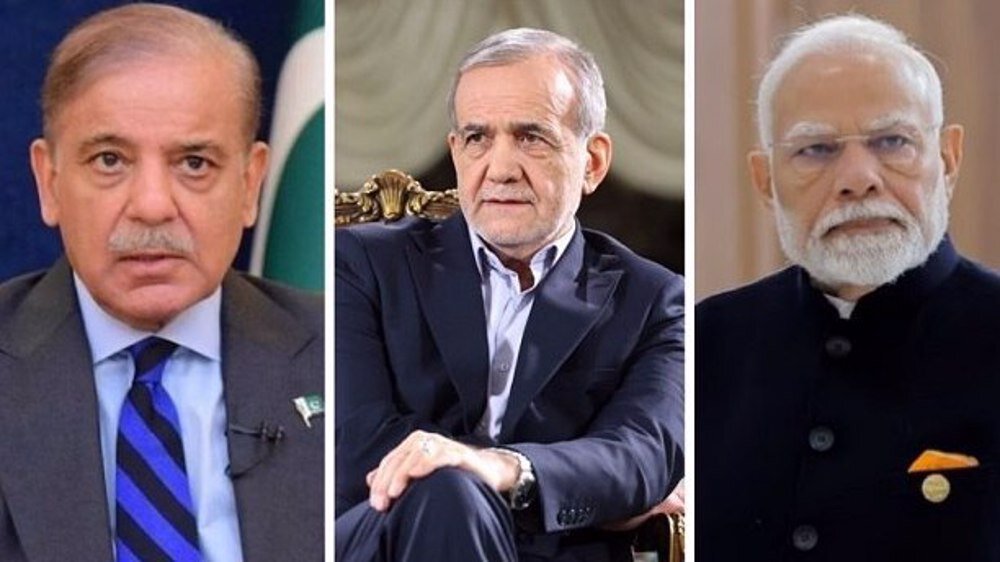In separate phone calls on Saturday, Pezeshkian expressed deep sorrow to Indian Prime Minister Narendra Modi over the Pahalgam attack, which killed and injured dozens, condemning terrorism and emphasizing Iran’s solidarity with India. Modi appreciated Iran’s empathy and echoed the need for regional unity against terror, a potential beacon of hope in these troubled times. In discussions with Pakistani Prime Minister Shahbaz Sharif, Pezeshkian reiterated Iran’s readiness to facilitate dialogue, viewing both nations as “brotherly neighbors.” Sharif welcomed the mediation, supporting transparent investigations into the incident.
Pezeshkian highlighted the crucial economic ties, such as the Chabahar Port project with India, and stressed the need for scientific, financial, and cultural cooperation among Islamic countries. He invited both leaders to Tehran for talks, with Sharif proposing preparatory foreign minister-level meetings. This diplomatic push follows Foreign Minister Abbas Araghchi’s earlier mediation offer, citing Iran’s centuries-old ties with both nations.
Kashmir, a Muslim-majority region and flashpoint since the 1947 partition remains unresolved despite UN calls for a plebiscite. Iran’s balanced relations with India and Pakistan, bolstered by trade links and a shared border with Pakistan, position it uniquely as a mediator. Tehran’s history of facilitating dialogue in regional conflicts, like the 2001 Afghan crisis, further underscores its credibility. As tensions mount, Iran’s role could be pivotal in averting further escalation in this volatile region.
